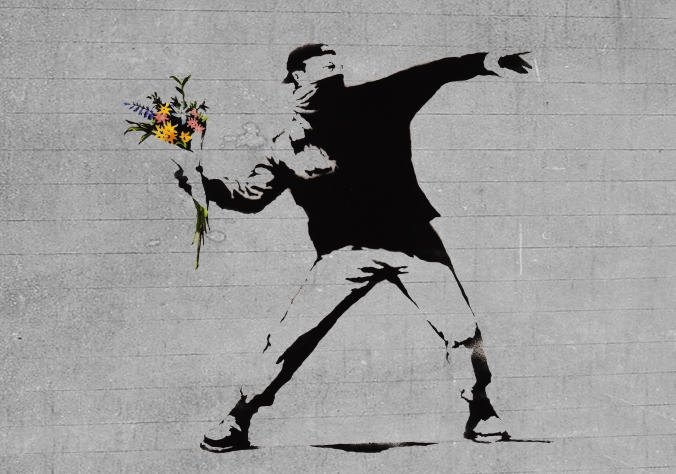The yearning for a new and better form of respectful and thereby profitable cooperation between people is greater than ever. Industrialization and Taylorism have transformed humans into resources. Initially only the labour of the unskilled worker was in demand, and Henry Ford even complained that he always got also a brain with every pair of hands. Today, in the age of knowledge work, the demands upon and roles of the knowledge worker have differentiated in many ways. However, the basic principle of treating organizations as machines and using employees as cogs mostly remained the same. Man is still a means. I have a dream that people, with all their potential, will really be at the core of organizations. And that this really makes the difference in digitalization.
Decades have passed since Peter F. Drucker coined the term knowledge work in 1959 and pointed out that the organization needs these knowledge workers more than the knowledge workers conversely need the organization. They bear their work equipment always in their heads and are therefore much more flexible and independent than the assembly line workers for whom Taylorism and the modern management based on it were invented. These knowledge workers must be led with equal dignity as associates rather than subordinates. And since almost all work now consists in part of knowledge work, leadership today is really only legitimate if it aims at the self-leadership of the employees entrusted to it, as Götz W. Werner aptly put it.
One does not “manage” people. The task is to lead people.
Peter F. Drucker
Decades have also passed since Douglas McGregor in 1960 questioned the destructive conception of human nature in Taylorism and suggested in his book “The Human Side of Enterprise” a much more optimistic one. Those who want to lead knowledge workers can and must no longer assume that those workers are lazy and must be motivated to perform, as the Theory X of Taylorism had previously postulated. The much more helpful assumption to lead this “army of volunteers” (John P. Kotter) is that of Theory Y, which regards people as motivated and willing to perform. If people do not show this in the organization, it is therefore a structural problem and not a human one.
The answer to the question managers so often ask of behavioral scientists “How do you motivate people?” is, “You don’t.”
Douglas McGregor
So there’s hope. We do not have a problem of understanding, but “only” a problem of implementation. That is why I still have this dream of a new and better workplace.
I have a dream that one day the economy will serve people and life in general and that people will no longer be means but rather the purpose of it.
I have a dream that we treat people as if they were what they should be and thus take them where they could be.
I have a dream that we put the miserably failed attempt to motivate people with incentives into our cabinets together with the other soulless management practices and instead build structures that don’t demotivate people so much that they need these incentives to perform.
I have a dream that humans will no longer be considered resources, but that unleashing individual potential will be seen as a decisive competitive factor in the age of digitalization.
I have this dream every day.
Let’s dream together. Let us create a new and better world of work step by step. And let’s build humane organizations for the age of digitization – in the spirit of the Manifesto for Human(e) Leadership. Persistent in our efforts, modest in our expectation for success, as the wise motto of Götz W. Werner says.
Here’s to the crazy ones.
Think different, Apple , 1997
The misfits.
The rebels.
The troublemakers.
The round pegs in the square holes.
The ones who see things differently.
They’re not fond of rules.
And they have no respect for the status quo.
You can quote them, disagree with them, glorify or vilify them.
But the only thing you can’t do is ignore them.
Because they change things.
They push the human race forward.
And while some may see them as the crazy ones,
We see genius.
Because the people who are crazy enough to think
they can change the world,
Are the ones who do.





